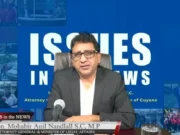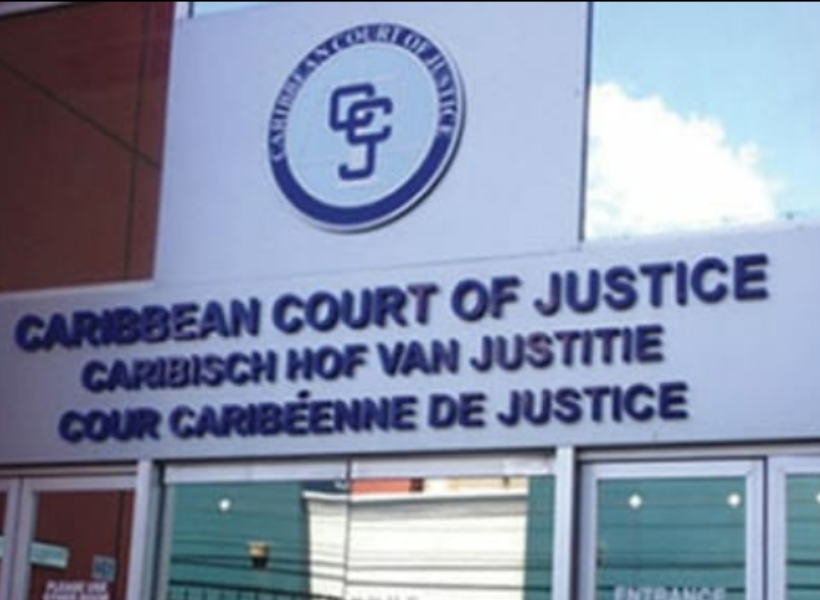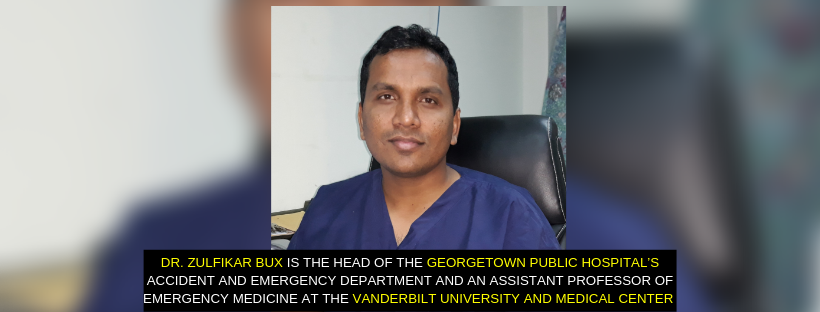Health In Focus With Dr. Zulfikar Bux
Many people suffer from back pain and are often afraid to seek medical attention for fear that it could be quite troubling. Often this is linked to a pinched nerve. This usually occurs from a herniated disk.
If after reading this you suspect you have symptoms of a herniated disk, you should visit your doctor early so that you can prevent it from worsening.
First of all, you need to know that the disks in your spine, called intervertebral disks, are thin, oblong structures that serve as cushions between the bones of your back (vertebrae). Each disk is made of a soft gel core surrounded by a tough outer shell. This structure allows the disk to be firm enough to maintain the space between the vertebrae, but soft enough to compress when the spine flexes during bending, leaning and turning sideways.
In some people, mostly middle-aged adults, a disk’s tough outer shell develops an area of weakness or a small tear. When this happens, part of the disk’s soft inner core can bulge out of its normal position (herniate), producing a condition called a herniated disk.
If the herniated disk presses on nerves in the nearby spinal canal (pinched nerve), this can cause variety of nerve-related symptoms, including pain, numbness and muscle weakness. In the most severe cases, a herniated disk can compress nerves that control the bowel and bladder, causing loss of urinary and bowel control.
Scientists do not fully understand why disks herniate. Most theories attribute this condition to a combination factors including: disk aging, genetic factors, individual risk factors. However there are there are three distinct areas of the vertebral column where a herniated disk may occur. These are: the cervical area, the thoracic area and the lumbar region which is said to be the most common area.
The first symptom of a herniated disk is usually back pain in the area of the affected disk. Some researchers believe this pain is a signal that a disk’s tough outer shell has been injured or weakened, not necessarily that the inner core has herniated. If the inner core does herniate and press on a nearby nerve, the resulting symptoms may vary depending on the location of the herniated disk.
In most people with a lumbar disk herniation, severe leg pain is the chief complaint. This pain is called sciatica, because it comes from pressure on the sciatic nerve. It usually begins in the lower back, and then spreads into the buttocks and down the back of one thigh and leg. Sciatica typically becomes worse if the patient coughs, sneezes, bears down or moves the back abruptly. While often relieved by rest, sciatica may become worse with driving or lifting. In addition, there may be numbness, tingling or muscle weakness in the buttocks or leg on the side of the pain.
In rarer and more severe forms of lumbar disk herniation, the nerve is compressed more extensively. If this happens, additional symptoms can develop, including pain around the anus; loss of bowel and bladder control; and numbness around the genital area, buttocks or backs of the thighs.
In most cases, a herniated disk (with or without sciatica) will respond to conservative treatment. This may include limited bed rest (generally no more than a day or two); warm baths; heating pads; and medications, such as aspirin or other non-steroidal anti-inflammatory drugs (NSAIDs) or muscle relaxants. Spinal injections may also help some patients who are unresponsive to oral therapy.
If you have lost bowel or bladder control, if you have evidence of progressive nerve damage, or if you have unrelenting pain that persists despite weeks of conservative treatment, more aggressive treatment may be needed, including surgery. In most cases, this means removing the disk (diskectomy), which may require major spinal surgery.











